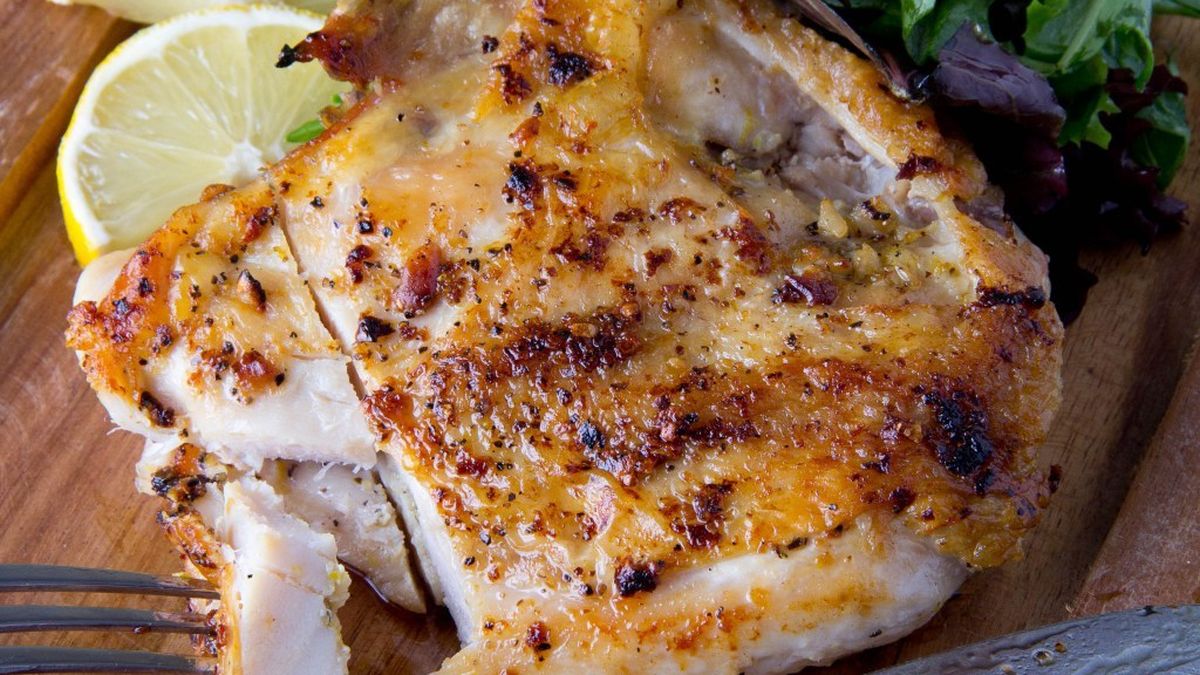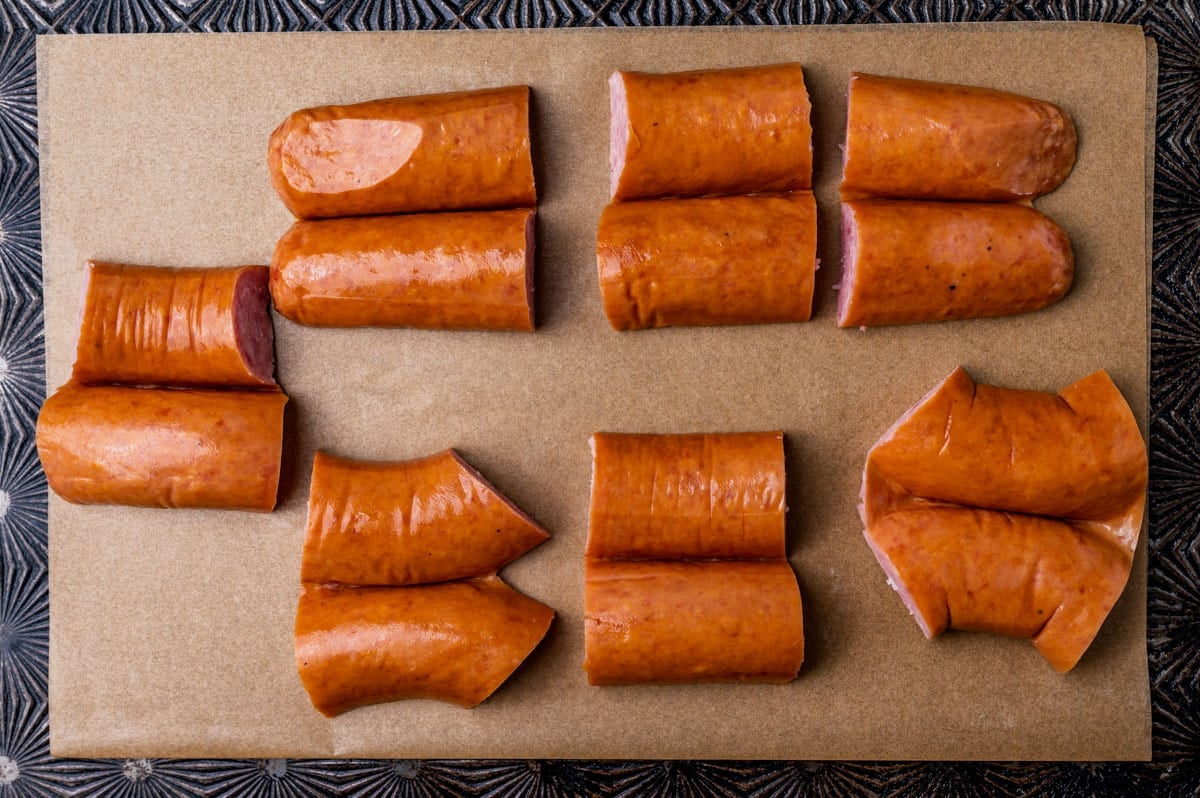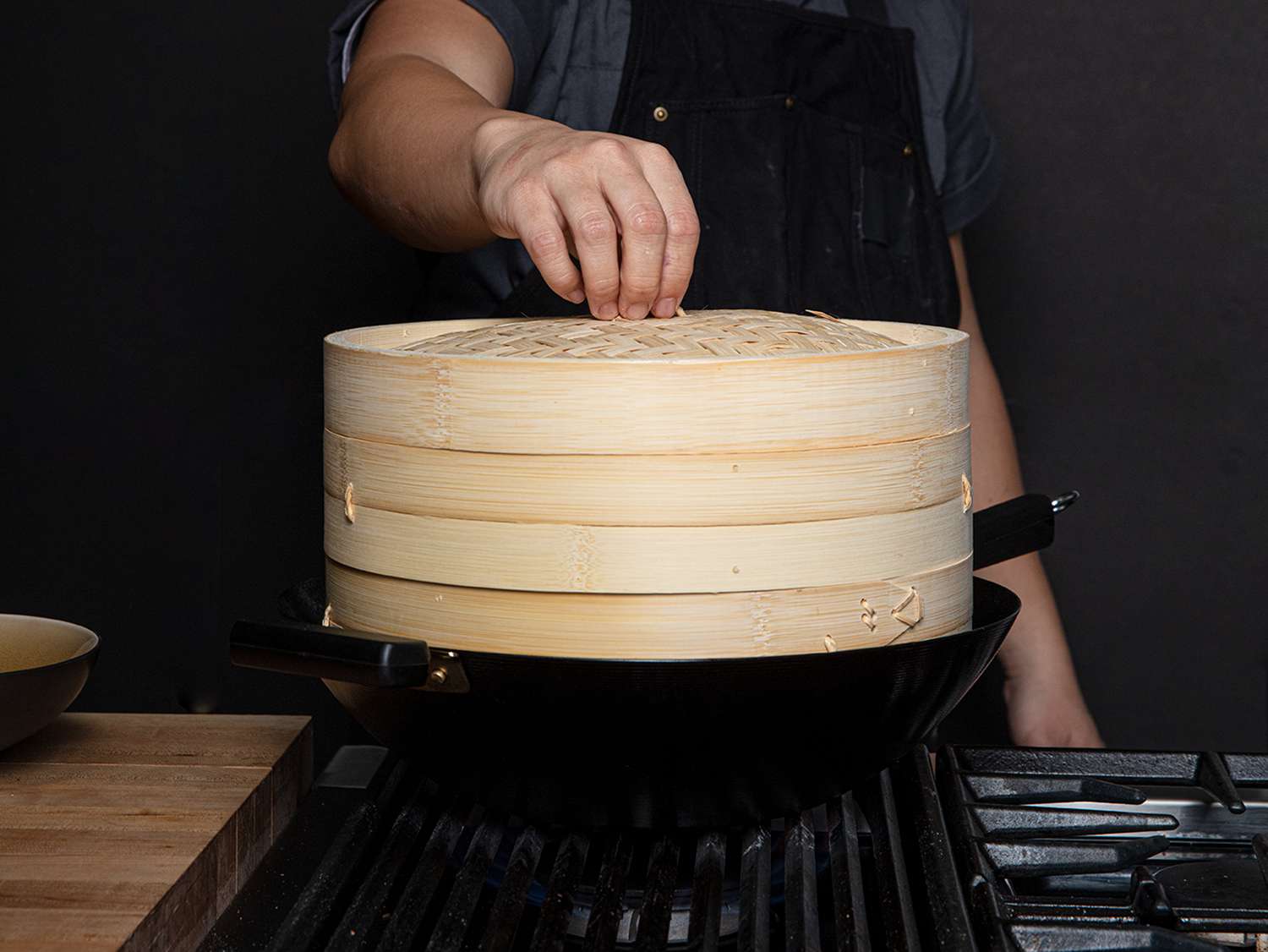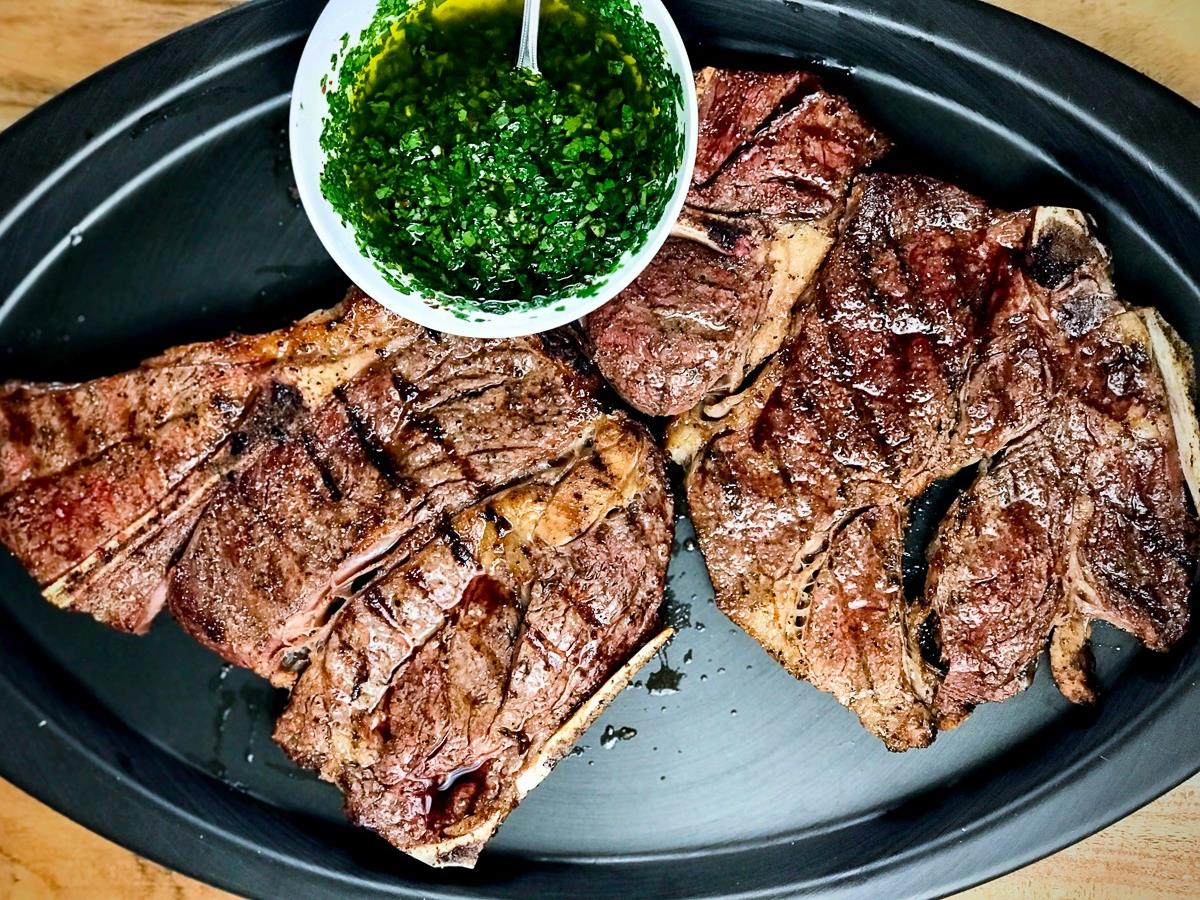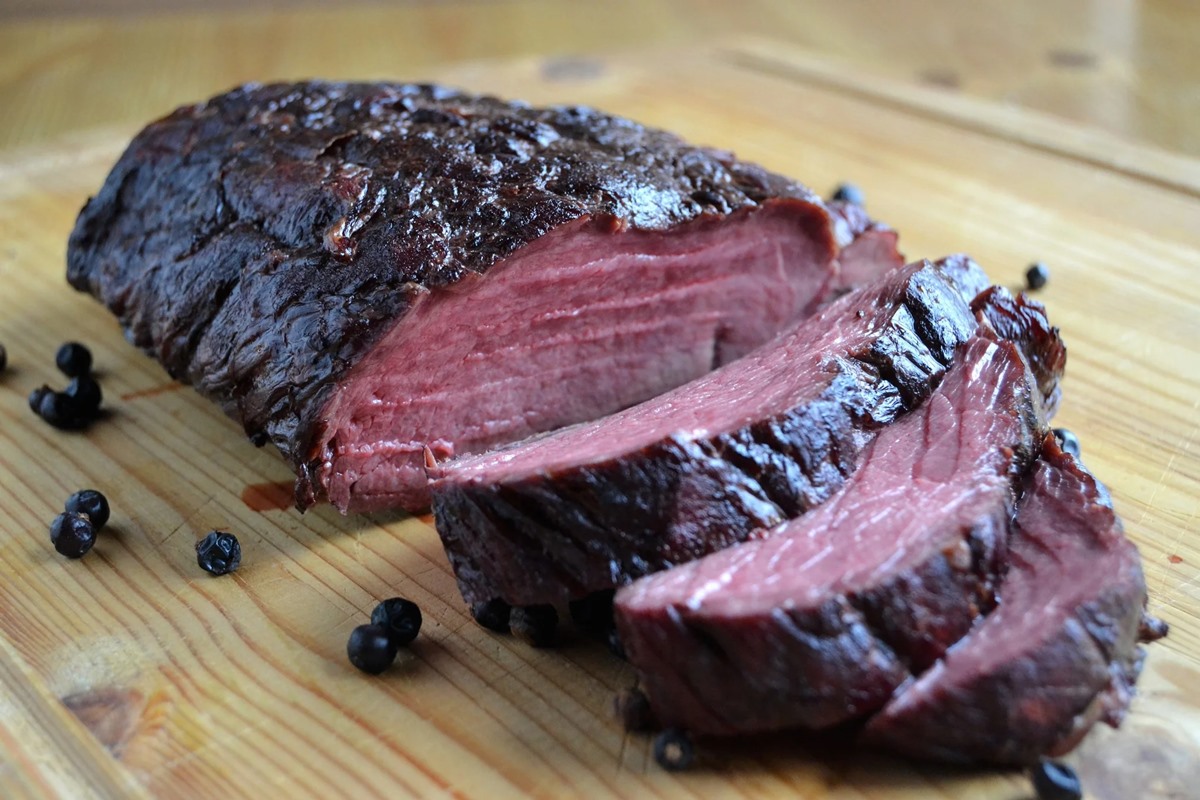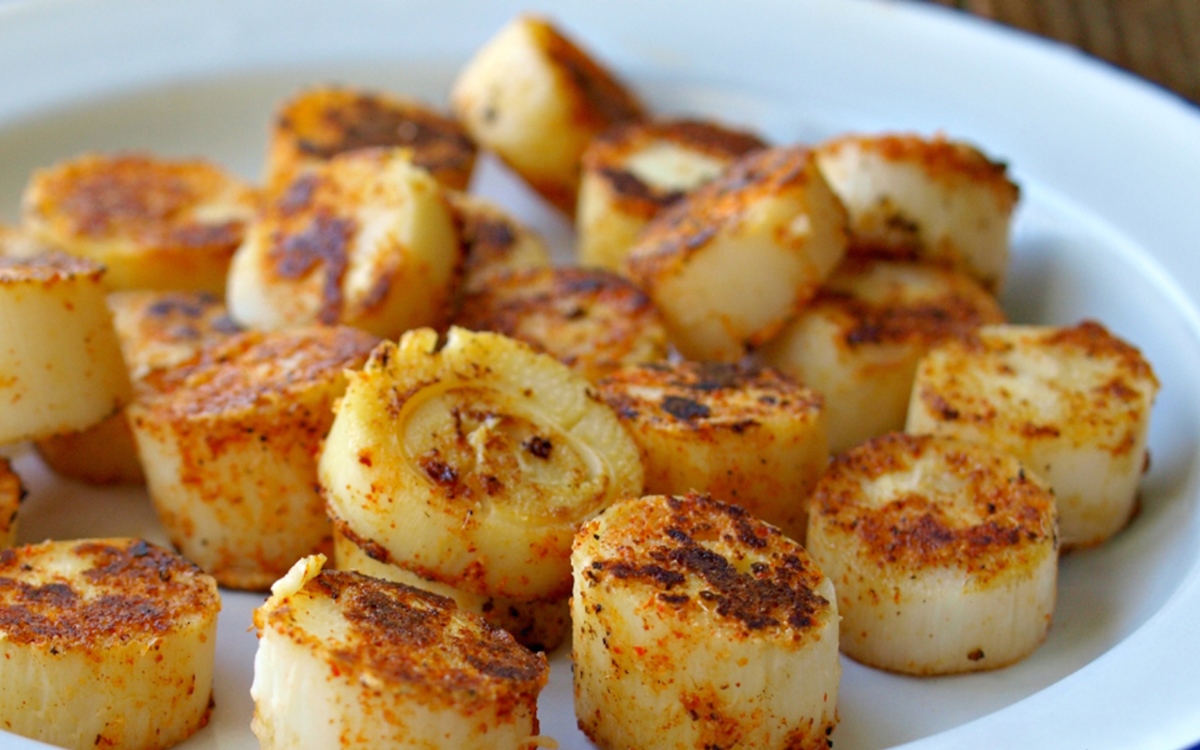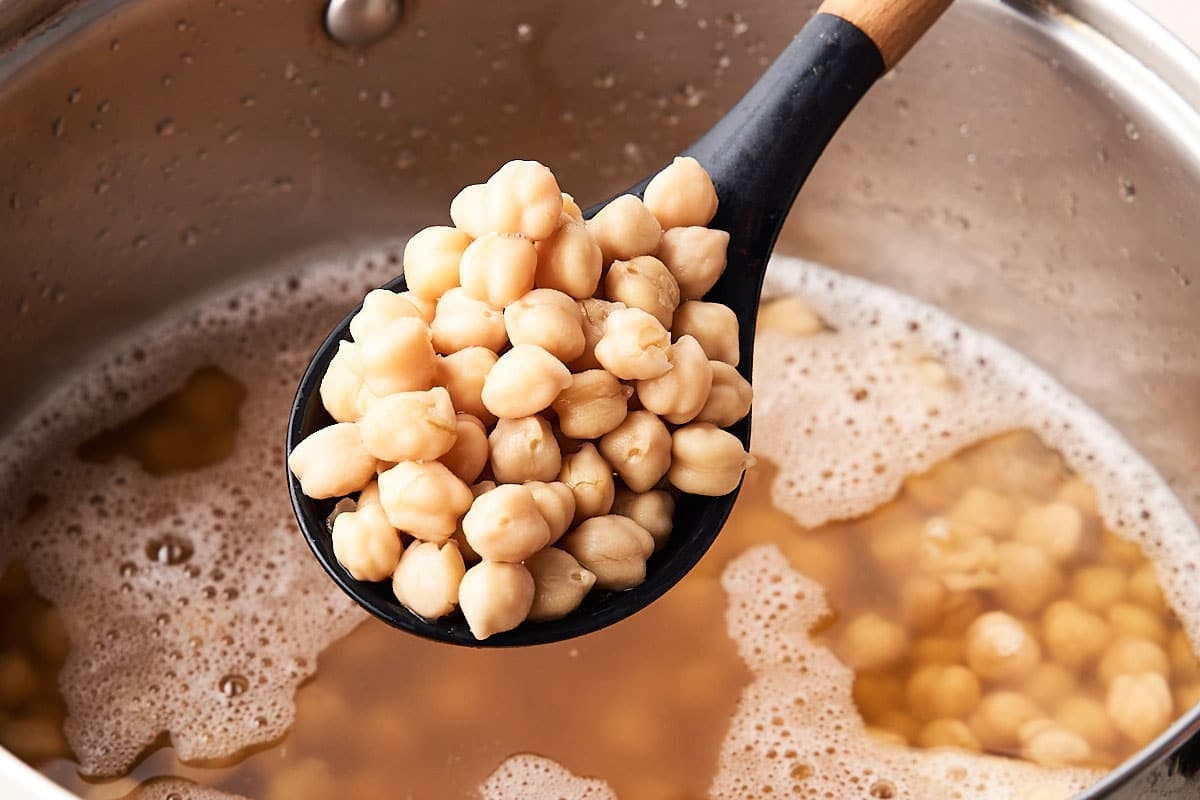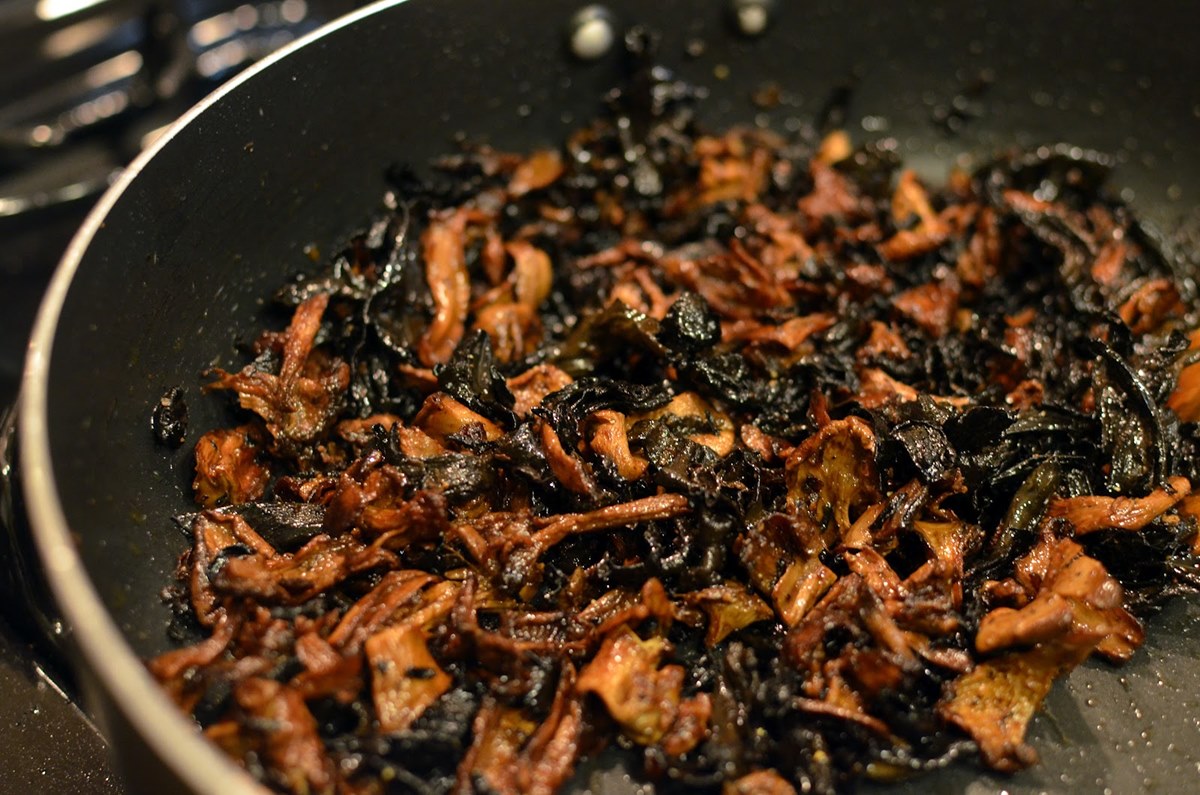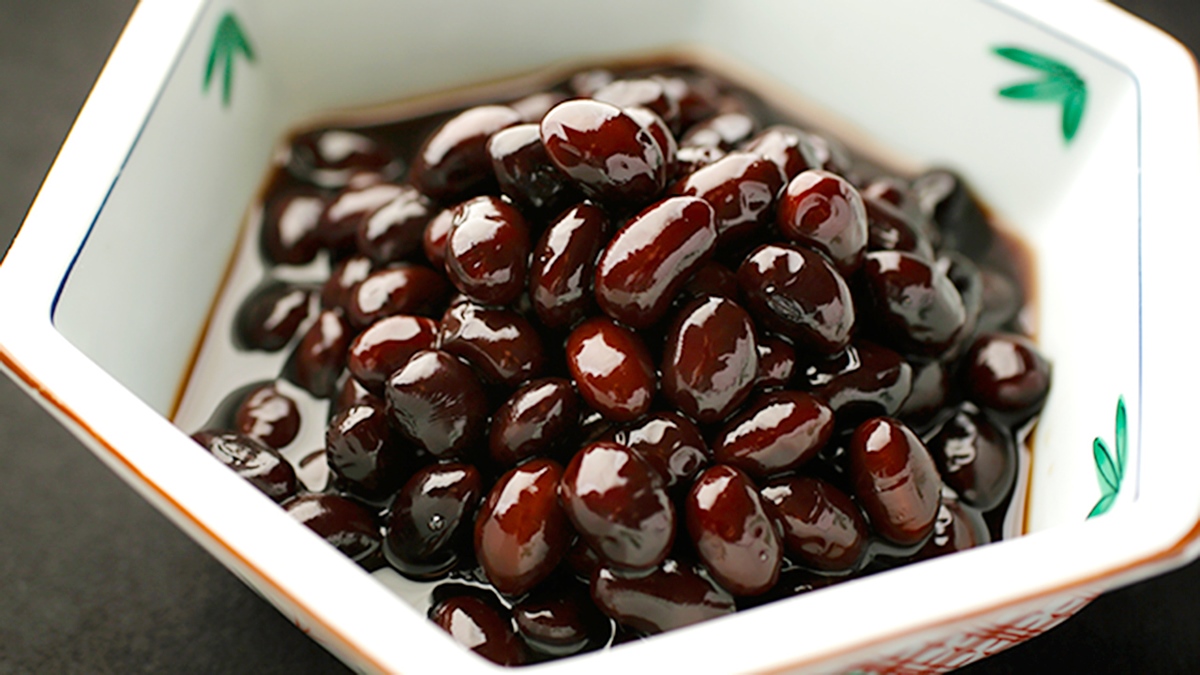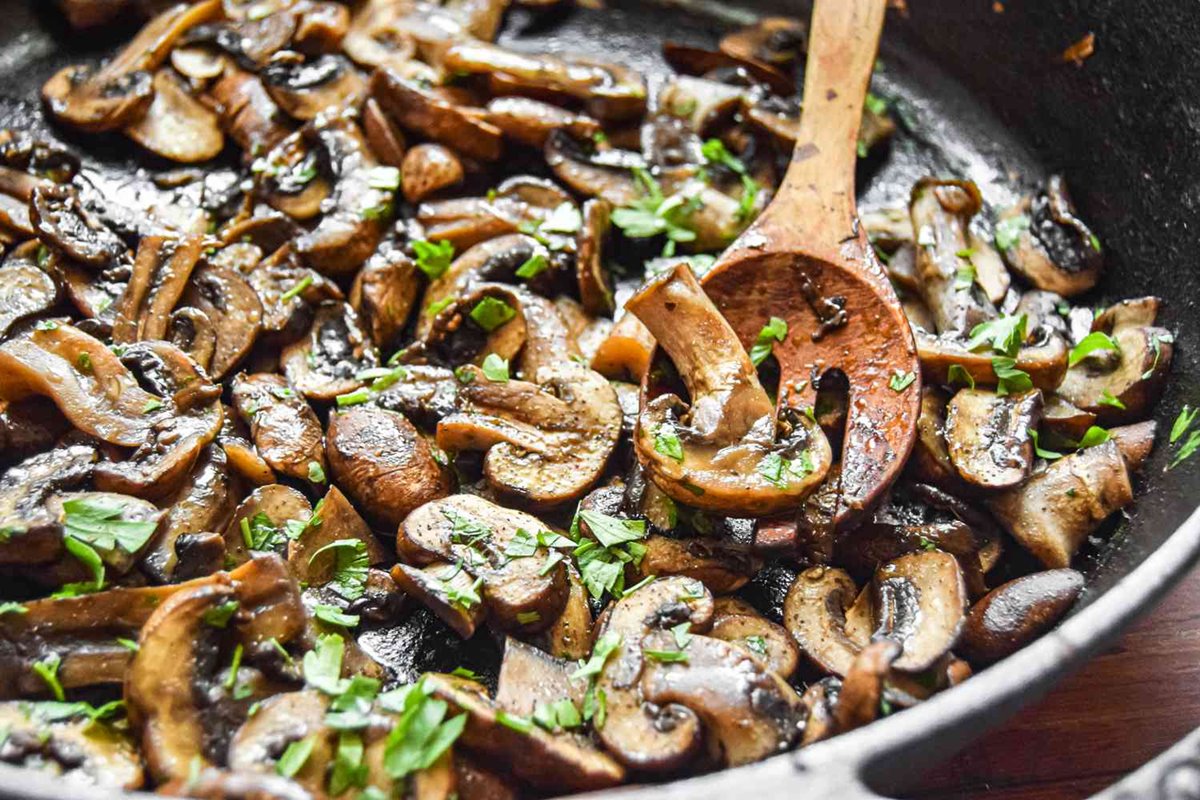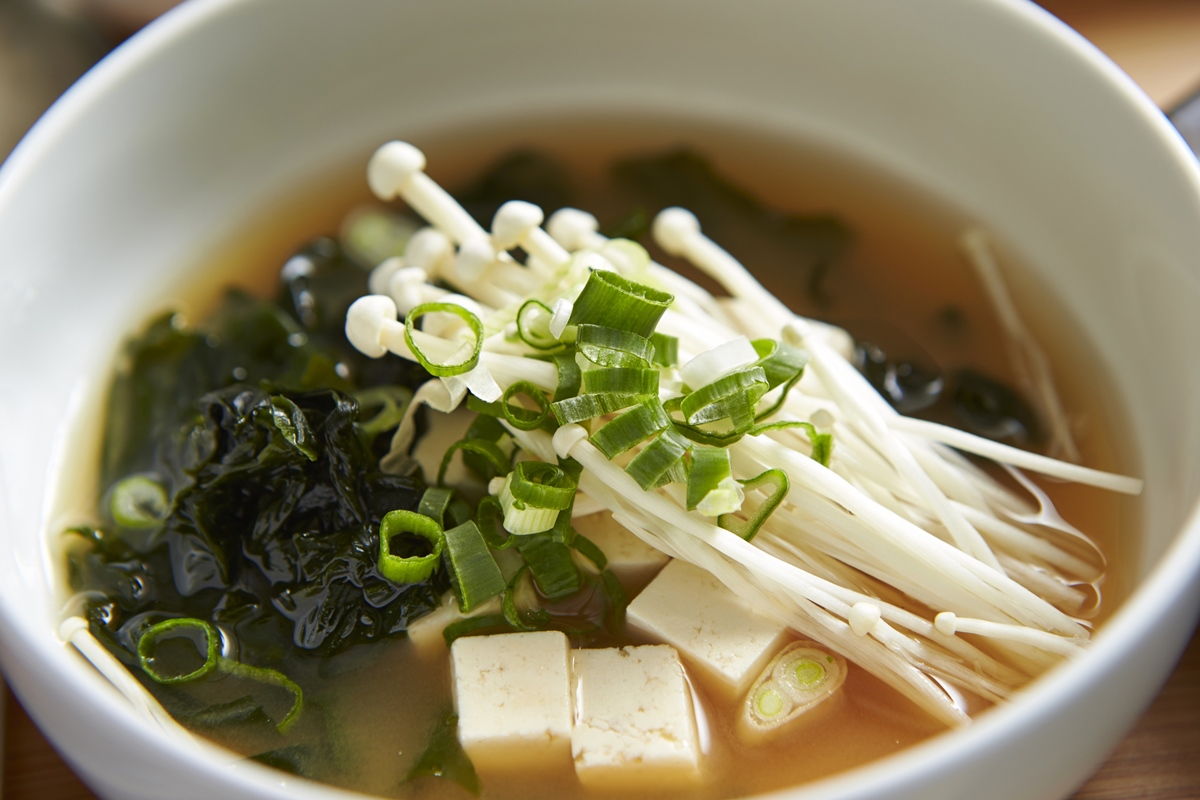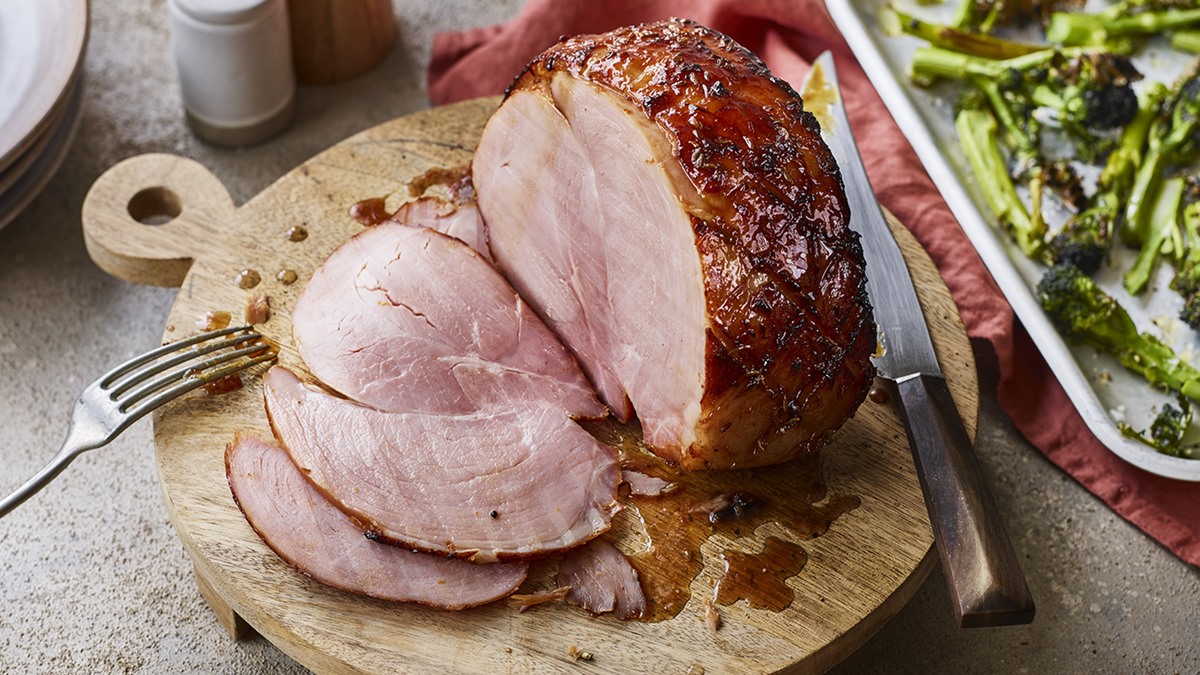How To Cook The Perfect Hard Boiled Egg: Rachael Ray’s Foolproof Method
Have you ever struggled to achieve that elusive perfect hard boiled egg? You’re not alone! Cooking the perfect hard boiled egg can be a challenge, but fear not, as celebrity chef Rachael Ray has a foolproof method that will guarantee success every time. In this article, we’ll walk you through Rachael Ray’s tried-and-tested technique for cooking the perfect hard boiled egg.
Why are hard boiled eggs so popular?
Hard boiled eggs are not only a versatile ingredient used in countless recipes but also a nutritious snack on their own. Packed with protein and healthy fats, hard boiled eggs are a favorite among health-conscious individuals. Plus, they are incredibly easy to prepare!
The key to a perfect hard boiled egg: Timing is everything
Rachael Ray’s method revolves around precise timing. Here’s how to get it just right:
- Start by placing your eggs in a single layer in a saucepan. Make sure they are not overcrowded.
- Add enough water to the saucepan to cover the eggs by at least an inch.
- Place the saucepan over medium-high heat and bring the water to a rolling boil.
- Once the water reaches a boil, reduce the heat to low and let the eggs simmer for about 10 minutes for medium-sized eggs or 12 minutes for large-sized eggs.
- While the eggs are cooking, prepare a bowl of ice water.
- Once the timer goes off, carefully transfer the eggs to the ice water bath using a slotted spoon or tongs. Let them sit in the ice water for at least 5 minutes to ensure they cool down and stop cooking.
- Gently tap each egg on a hard surface to crack the shell, then peel them carefully under cold running water.
And voila! You now have perfectly cooked hard boiled eggs, just like Rachael Ray would make them.
Tips for foolproof hard boiled eggs
- Fresh eggs can be more difficult to peel, so if possible, use eggs that are a week old.
- Adding a teaspoon of vinegar to the boiling water can help prevent the eggs from cracking.
- If you prefer a softer or firmer yolk, adjust the cooking time accordingly. Test the eggs after the recommended cooking time and make adjustments based on your preference.
- Once peeled, store hard boiled eggs in the refrigerator in an airtight container for up to one week.
Hard boiled eggs beyond the basics
Now that you know how to cook the perfect hard boiled egg, why not take it a step further and explore different flavor variations? You can try adding spices like paprika, garlic powder, or even experiment with pickling for an extra zingy flavor. Hard boiled eggs are also a delicious topping for salads, a protein-packed addition to grain bowls, or a simple snack with a sprinkle of salt and pepper.
So there you have it! Rachael Ray’s foolproof method for cooking the perfect hard boiled egg. With a little attention to timing and these helpful tips, you’ll be enjoying perfectly cooked hard boiled eggs in no time. Happy cooking!
Using Rachael Ray's guide to cook the perfect hard boiled egg, readers can try a variety of delicious recipes. They might start with the Classic Deviled Eggs Recipe, which is a timeless favorite for gatherings. For a refreshing option, the Cobb Salad with Hard Boiled Eggs is perfect, combining crisp greens and savory toppings. An Egg Salad Sandwich makes for a quick and satisfying lunch. For something heartier, the Tuna Salad with Hard Boiled Eggs adds protein and flavor. Those looking to spice things up can try the Curried Egg Salad, which offers a unique taste twist. For a tangy option, Pickled Hard Boiled Eggs are a must-try. And for something a bit more indulgent, the Scotch Eggs Recipe is sure to impress with its crispy coating and flavorful interior.
Was this page helpful?
Read Next: How To Cook An Egg Yolk By Itself
